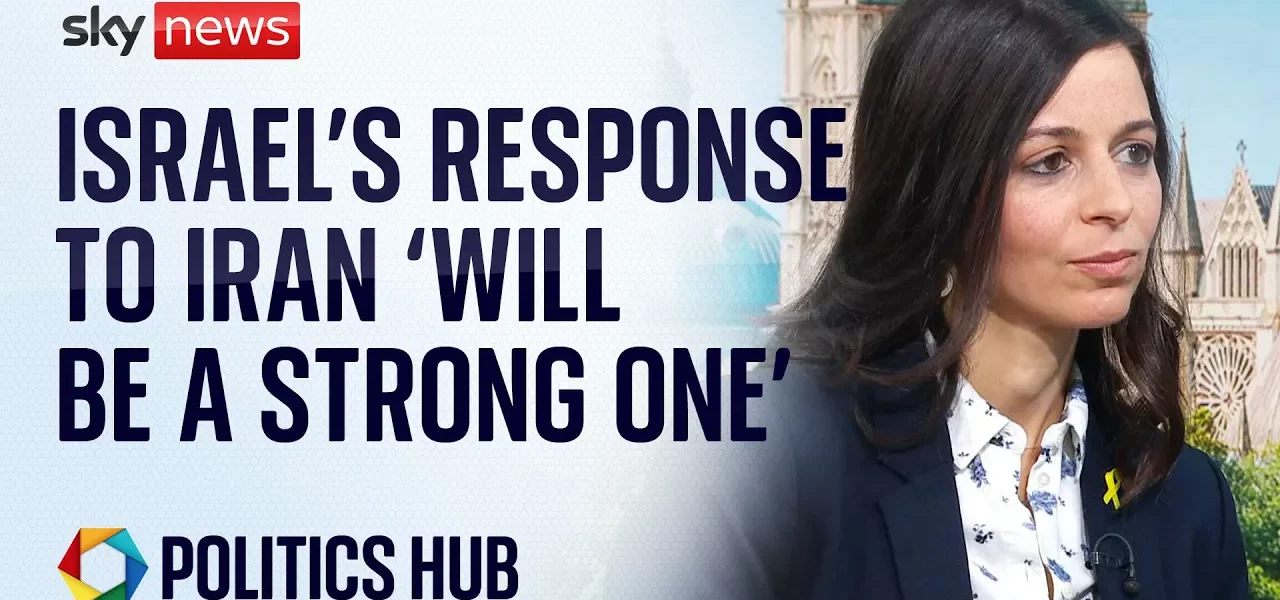Current Political Climate: Israel, Iran, and Hamas

This article delves into the complex and deteriorating political situation surrounding Israel, Iran, and Hamas. With a focus on recent developments, diplomatic efforts, and military responses, we aim to provide a comprehensive overview of the challenges faced by these nations and the implications for international relations.
Introduction
The geopolitical landscape in the Middle East has recently experienced significant turbulence, particularly concerning the actions of Iran and Hamas against Israel. As tensions escalate, leaders from various countries, including the UK, the US, France, and Germany, are convening to explore potential diplomatic solutions. However, the road ahead appears fraught with challenges, primarily due to the ongoing threats from Iranian missile strikes and the complicated dynamics of regional politics.
Recent Developments in the Conflict
In the wake of escalating tensions, the Israeli government has confirmed the killing of the replacement leader of Hamas, a significant event that underscores the ongoing conflict. The Prime Minister’s announcement highlights Israel’s proactive approach to mitigating threats from its adversaries.
Iran’s Aggression
Since April, Iran has reportedly launched nearly 500 missiles and rockets aimed at destabilizing Israel. This aggressive posture has prompted discussions within the Israeli government regarding a strong military response. Analysts suggest that Israel must act decisively to maintain its national security and regional stability.
International Reactions
- Diplomatic meetings among Western leaders to address the crisis.
- Concerns regarding the humanitarian impact of military actions in Gaza.
- Calls for a balanced approach to support both Israeli security and Palestinian rights.
Military Response Strategies
As tensions rise, the question of how Israel will respond to Iranian provocations is paramount. The Israeli government is faced with a critical decision-making process regarding its military strategy.
The Need for a Strong Response
Israeli officials assert that any military response must be robust enough to deter further aggression. The Prime Minister has indicated a commitment to ensuring the safety of Israeli citizens, especially in light of recent missile attacks.
Challenges of Military Engagement
- Potential backlash from the international community.
- Risk of escalating violence in the region.
- Strain on diplomatic relationships with allies.
The Humanitarian Impact
The ongoing conflict has profound humanitarian implications, particularly for the civilian population in Gaza. Reports indicate tragic incidents, such as the death of a five-year-old girl, which highlight the toll of military operations on innocents.
Investigations into Civilian Casualties
The Israeli Defense Forces (IDF) have initiated investigations into incidents resulting in civilian casualties. Transparency in these investigations is critical for accountability and maintaining international support.
Efforts to Address Humanitarian Needs
- Coordination with international organizations to deliver aid.
- Engagement with local leaders to ensure the safety of civilians.
- Commitment to adhering to international humanitarian law.
Diplomatic Efforts and International Relations
The role of diplomacy in addressing the Israeli-Iranian conflict cannot be overstated. Recent meetings among world leaders underscore the urgency of finding a peaceful resolution.
Challenges in Diplomatic Talks
With the Iranian regime’s calls for the destruction of Israel, engaging in meaningful dialogue presents significant challenges. Israeli officials emphasize the need for international support to counter threats from hostile entities.
Support from Allies
Despite some criticism, the UK government and others have expressed support for Israel’s right to defend itself. However, there are concerns regarding military actions that could exacerbate humanitarian crises.
Conclusion
The current political climate surrounding Israel, Iran, and Hamas is marked by escalating tensions and complex challenges. As military responses are considered and diplomatic efforts are pursued, it is crucial for all parties involved to prioritize the safety and well-being of civilians while navigating the intricate landscape of international relations. It is imperative for the global community to remain engaged and supportive of efforts aimed at achieving long-term peace and stability in the region. For more insights on Middle Eastern politics, explore our related articles on [Middle East diplomacy](#) and [the impact of conflict on civilians](#).
“`




